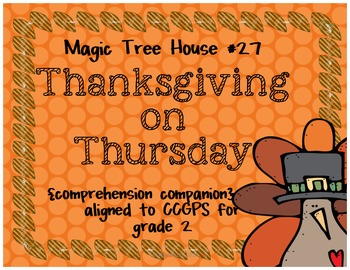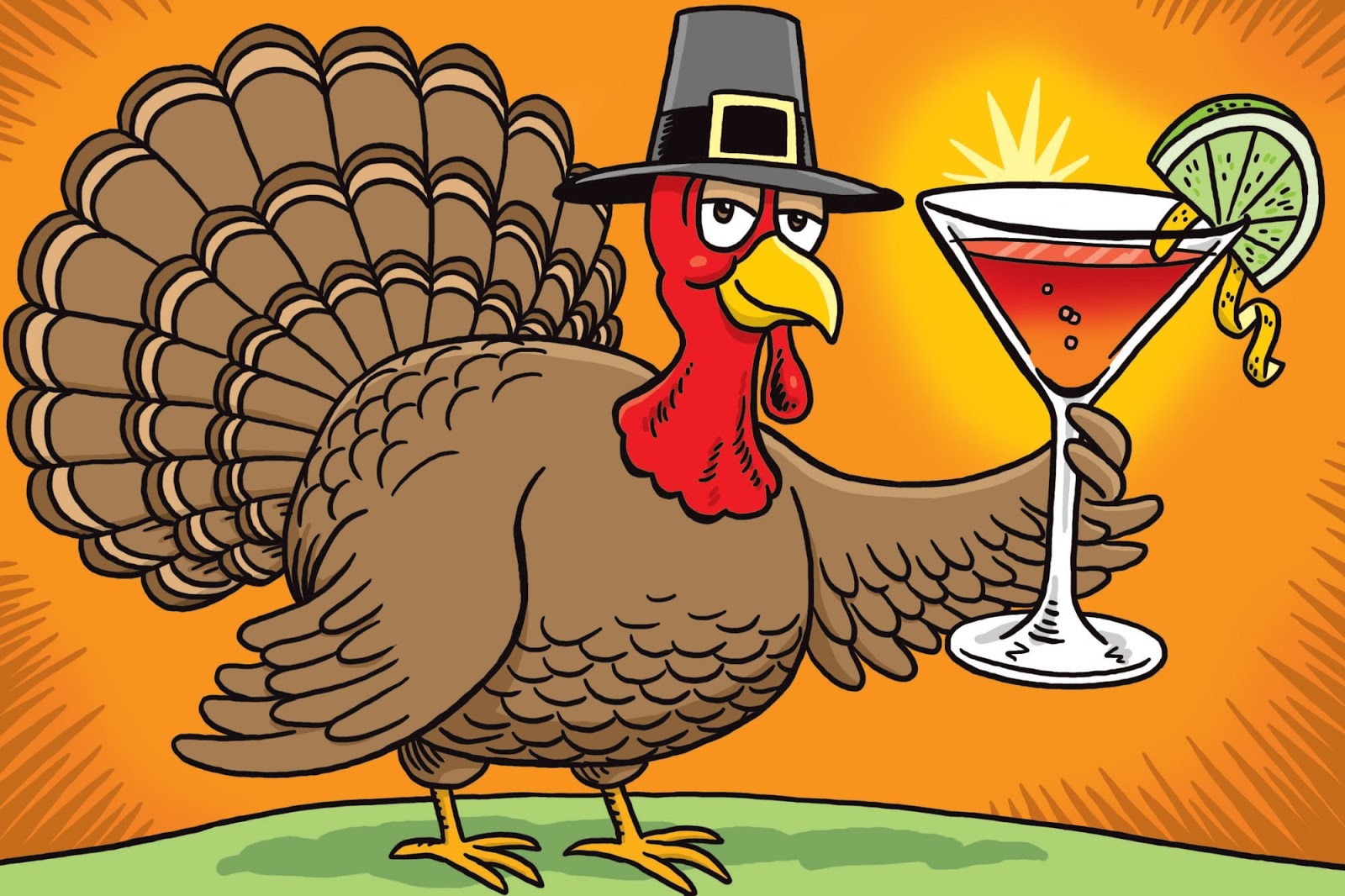


Some state governors objected, issuing proclamations of their own to keep Thanksgiving on Nov. Roosevelt to move the holiday up by a week – which he did, creating unanticipated havoc. Some merchants worried that a late Thanksgiving would cut down on Christmas sales and asked President Franklin D. Thanksgiving dinner conversation: How to navigate awkward political conversations at the Thanksgiving table 30 – as happened in 1939, the end of an economically troubled decade. said.įor decades after Lincoln, Americans traditionally celebrated Thanksgiving on the last Thursday of November, even if it fell on Nov.

"He was always looking for ways to unify the nation in a terrible time of war," biographer Ronald C. The proclamation served a familiar purpose for Lincoln. (It should be noted that while Lincoln issued this proclamation, most historians believe it was actually written by his secretary of State, William Seward.) Writing that the nation's many blessings "should be solemnly, reverently and gratefully acknowledged" by the American people, Lincoln declared: "I do therefore invite my fellow-citizens in every part of the United States, and also those who are at sea and those who are sojourning in foreign lands, to set apart and observe the last Thursday of November next as a day of thanksgiving and praise to our beneficent Father who dwelleth in the heavens." Luce Professor of the Civil War Era at Gettysburg College. "There was a lot to be thankful for in the fall of 1863," said Allen Guelzo, the Henry R. 3, 1863, three months after Union Army victories at Gettysburg and Vicksburg, and at a time in which ultimate triumph appeared in sight. It took the trauma of the Civil War to make Thanksgiving a formal, annual holiday. Expectant mother gives birth on American Airlines jetway gives daughter appropriate name NTSB: Nine people killed, three injured in South Dakota plane crash Winners and losers from Week 14 in college football led by Ohio State, Michigan, Auburn Like what you see? Download the USA TODAY app.


 0 kommentar(er)
0 kommentar(er)
